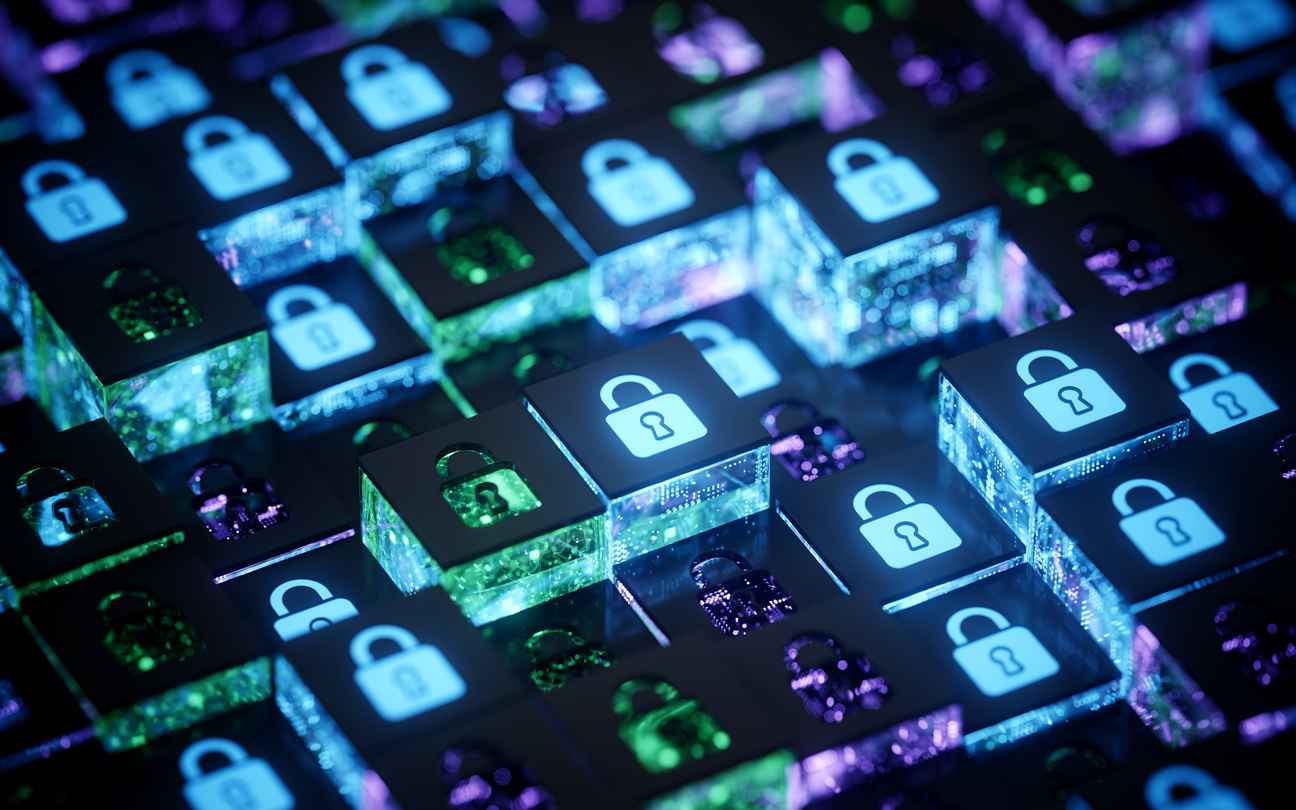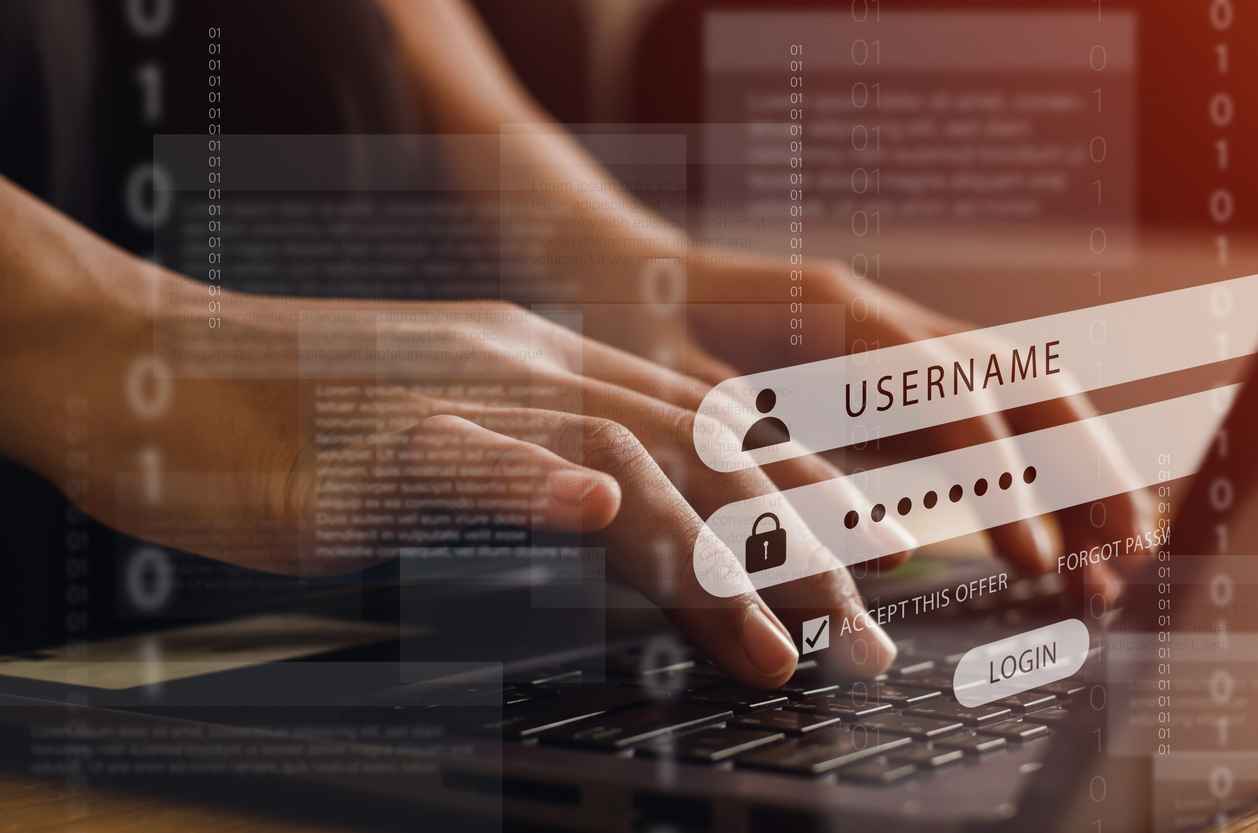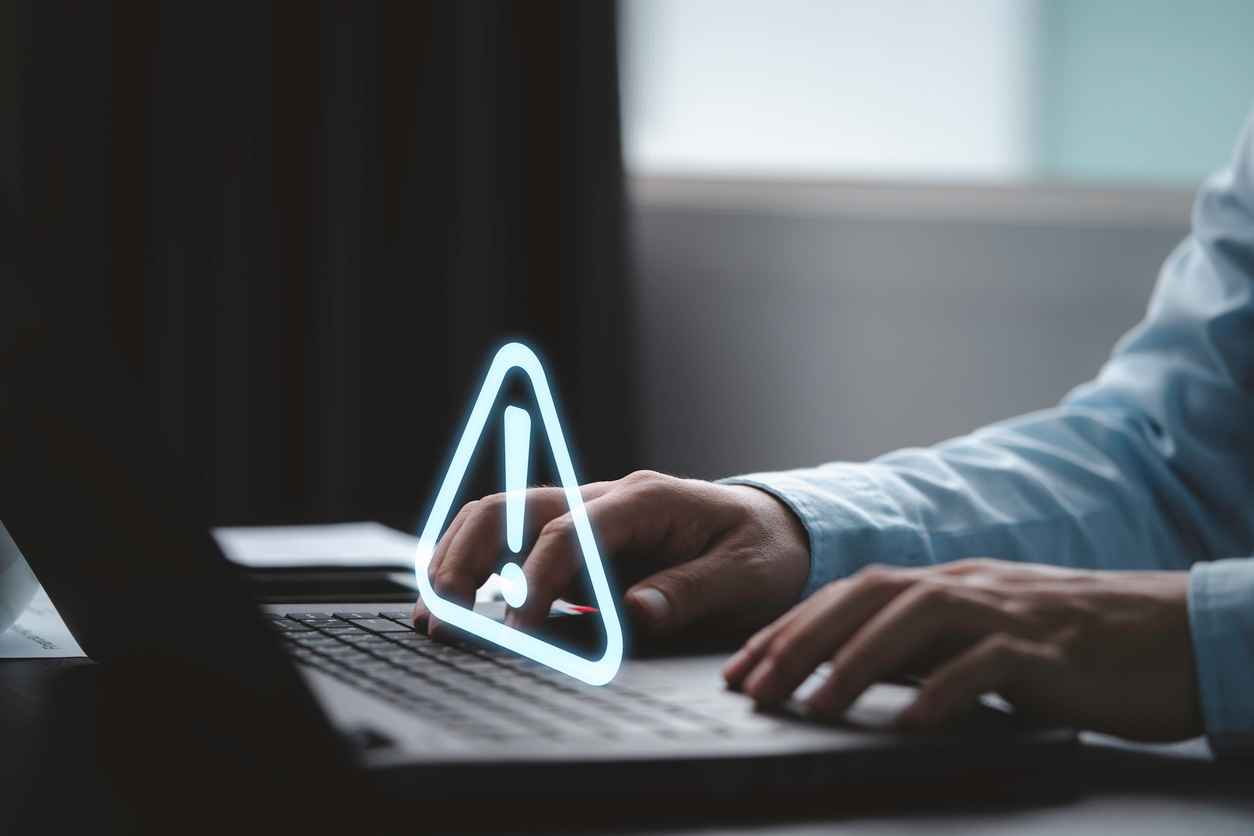
Protecting Personal Data: Cybersecurity Tips for Consumers
October 6, 2024
Essential Cybersecurity Tips
In today’s digital age, personal data is more vulnerable than ever. With increased online activities, from shopping to banking, and the widespread use of social media, protecting your personal information has become crucial. Cybercriminals are constantly looking for ways to exploit weaknesses, and data breaches have become all too common.
In this blog, our team explores essential cybersecurity tips to help consumers safeguard their personal data and navigate the digital world more securely.
1. Use Strong, Unique Passwords
One of the simplest yet most effective ways to protect personal data is to use strong, unique passwords for every account. Avoid using easily guessed combinations like “password123” or “qwerty.” Instead, create complex passwords that include a mix of letters, numbers, and symbols. Using a password manager can help you keep track of multiple passwords and generate strong, secure ones for each account.
Tip: Enable two-factor authentication (2FA) wherever possible. This adds an extra layer of protection by requiring a second verification form, like a code sent to your phone.
2. Be Wary of Phishing Scams
Phishing scams are among the most common ways cybercriminals gain access to personal data. They often disguise themselves as trustworthy entities, such as banks, online retailers, or even friends and colleagues. These scams usually arrive in the form of emails, texts, or phone calls, urging you to click on a link, download an attachment, or provide sensitive information.
Tip: Always double-check the sender’s email address, hover over links to see where they lead, and avoid clicking suspicious attachments. If in doubt, contact the organization directly to verify the message.
3. Keep Software and Devices Updated
Cybercriminals frequently exploit outdated software vulnerabilities to gain access to personal data. Whether it’s your operating system, antivirus software, or a mobile app, it’s essential to keep everything updated to the latest version. These updates often include critical security patches that can protect you from emerging threats.
Tip: Enable automatic updates for your devices and software to ensure the latest security features always protect you.
4. Use Secure Wi-Fi Networks
Public Wi-Fi networks are convenient, but they pose significant risks to personal data. Hackers can easily intercept data transmitted over unsecured networks, such as login credentials, credit card information, and personal messages.
Tip: Avoid accessing sensitive accounts or conducting financial transactions on public Wi-Fi. If you must use a public network, consider using a virtual private network (VPN) to encrypt your data.
5. Monitor Your Accounts Regularly
Regularly monitoring your financial accounts, credit reports, and online profiles is crucial in detecting suspicious activities early. If you notice any unauthorized transactions or changes, report them immediately to your bank or service provider.
Tip: Set up account alerts for transactions and changes to your accounts. Many banks and credit card companies offer real-time notifications via text or email.
6. Be Cautious with Social Media Sharing
Sharing too much personal information on social media can make you an easy target for identity theft and other cybercrimes. Cybercriminals can use details like your birthdate, hometown, or the names of family members to guess passwords or answer security questions.
Tip: Review your social media privacy settings regularly and limit the personal information you share publicly. Avoid sharing details that could be used to compromise your accounts.
7. Backup Your Data
Data loss due to cyberattacks, hardware failure, or other disasters can be devastating. Regularly backing up your data ensures that even if your personal information is compromised, you can recover it. Use cloud-based storage or external hard drives to keep a secure copy of your important files.
Tip: Schedule regular backups and ensure your backup solutions are encrypted for added protection.
8. Educate Yourself and Stay Informed
Cybersecurity threats are constantly evolving, and staying informed about the latest risks and security practices is essential. Regularly educate yourself on cybersecurity best practices and make an effort to stay updated on the latest scams, phishing techniques, and security news.
Tip: Follow trusted cybersecurity blogs, news outlets, or social media channels to keep up with the latest developments in online security.
Turn to Fortec US for Innovative Technology Solutions
In an increasingly digital world, protecting personal data is a responsibility that cannot be overlooked. By adopting these cybersecurity tips, consumers can reduce the risk of data breaches, identity theft, and other cybercrimes. Remember, being proactive and cautious in every online interaction is the key to protecting your personal data.
Fortec US in Ronkonkoma, NY, is committed to helping consumers and businesses stay secure and up-to-date in the digital age. Contact us for more information on our technology solutions.

How Display Technology Strengthens Human-Machine Interaction
February 7, 2026

Cybersecurity in 2026: What Companies Should Be Preparing for Now
February 4, 2026

When Should I Change My Passwords?
February 1, 2026

How Smart Display Solutions Will Drive Brand Visibility in 2026
January 7, 2026

How Fortec US Helps Companies Navigate End-of-Life Components
January 5, 2026

5 Fortec US Technologies That Will Elevate Your Operations
December 20, 2025


